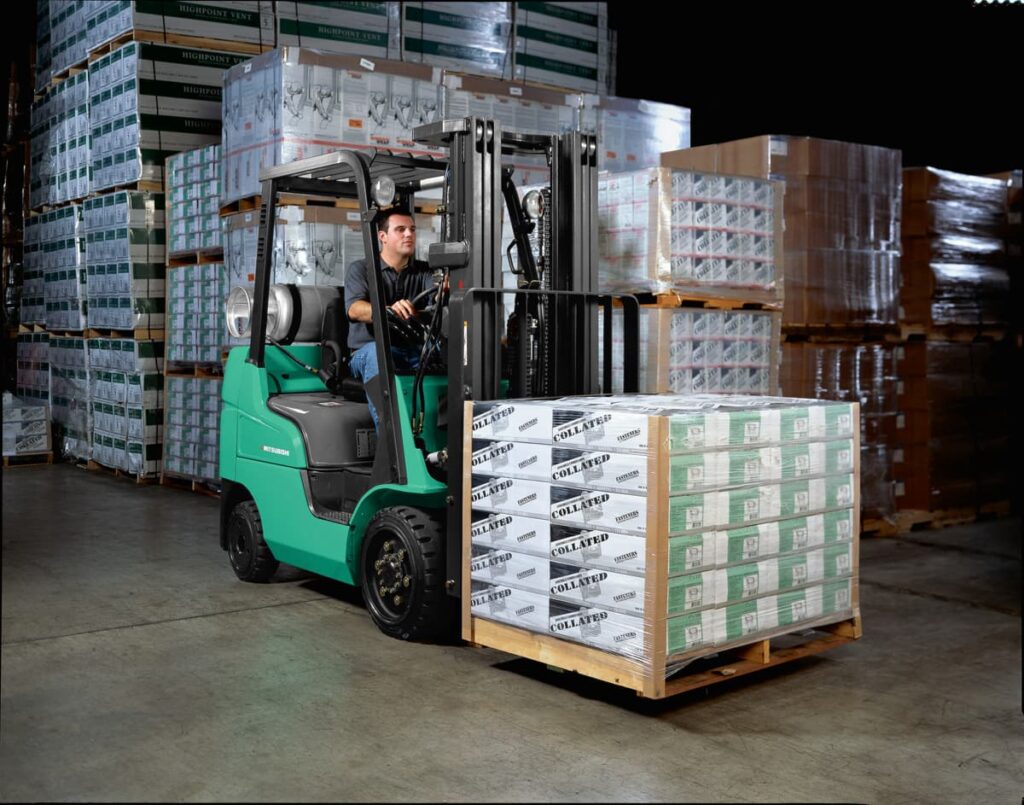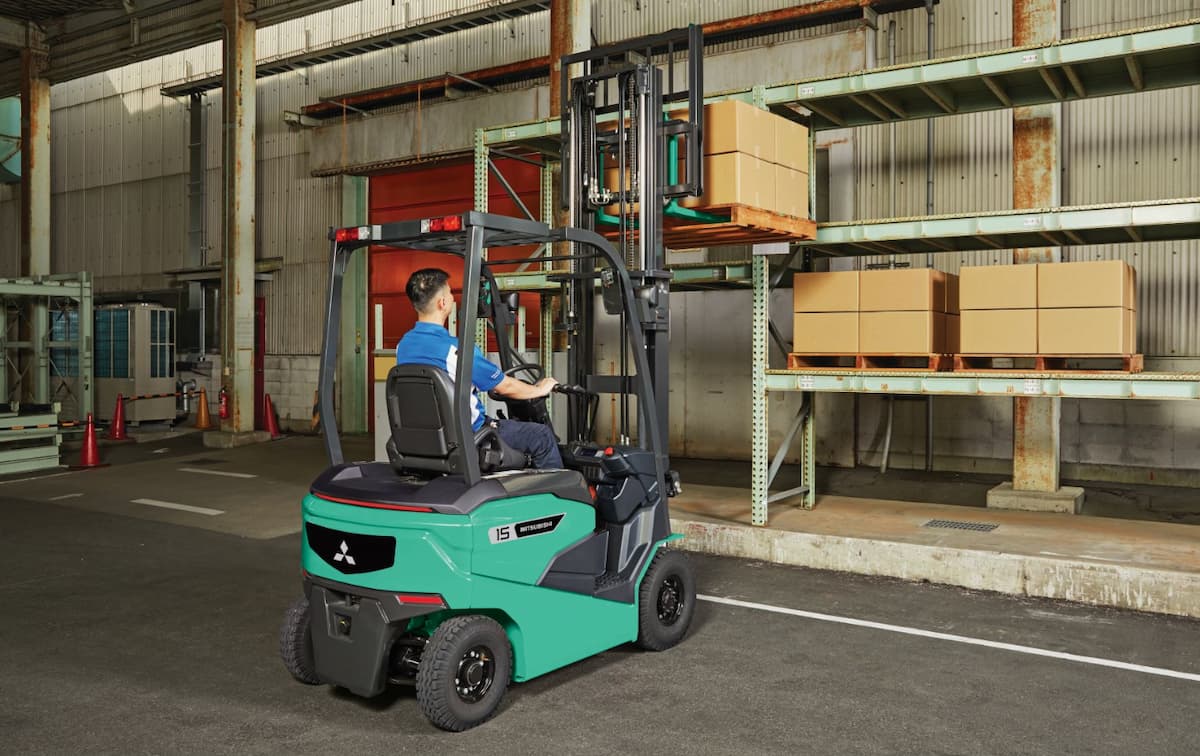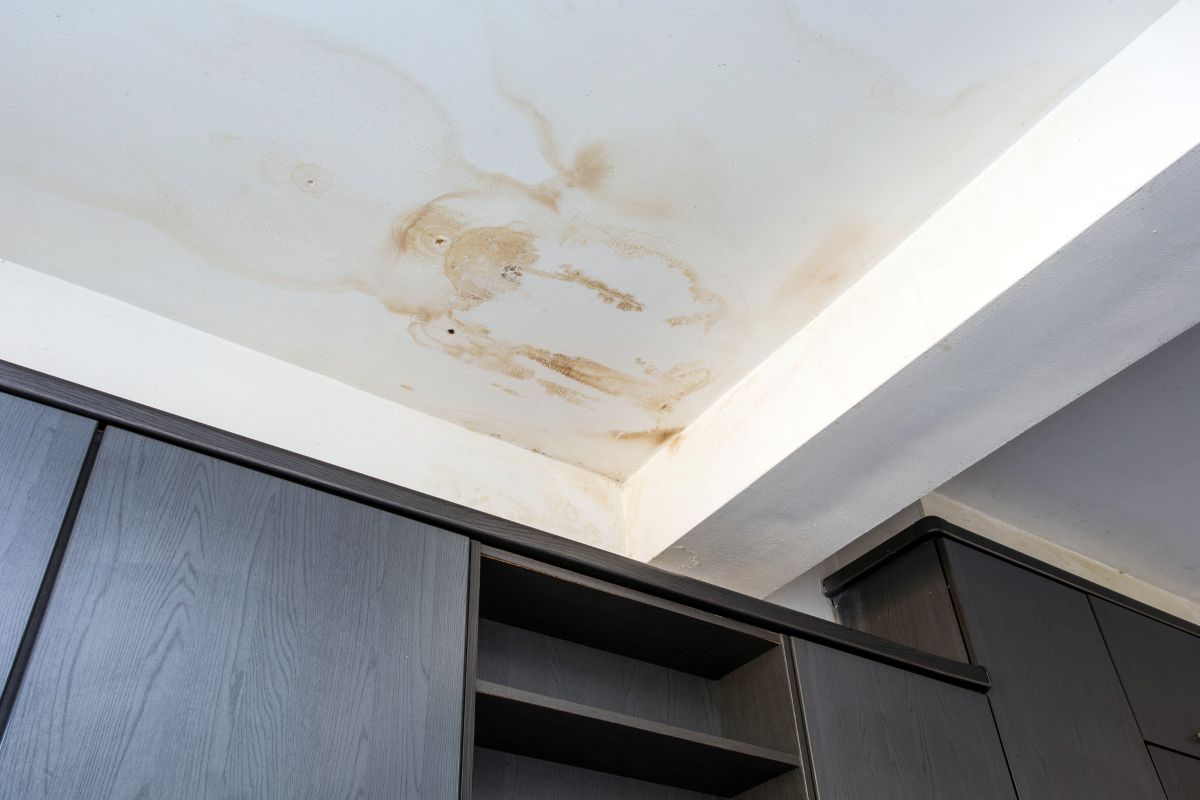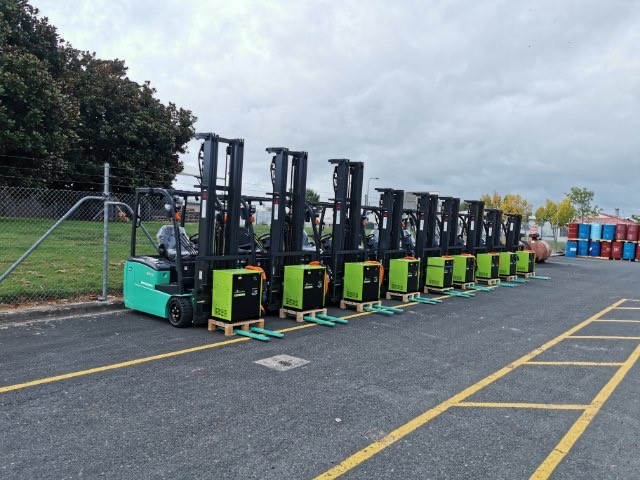Investing in a forklift is a significant decision for many New Zealand businesses, especially those involved in warehousing, construction, manufacturing, or agriculture. While new forklifts offer the latest technology, purchasing a used forklift can be a smart and economical choice.
This guide explores everything you need to know before purchasing a used forklift in NZ — from benefits and considerations to legal requirements and maintenance tips.
Why Choose a Used Forklift in NZ?
Cost Savings Compared to New Models
The cost advantage is one of the most compelling reasons businesses opt for used forklifts. A new forklift can be a substantial investment, particularly for smaller operations. Used models, on the other hand, often cost significantly less while still offering excellent performance. These savings can be redirected towards other essential business areas, such as training or additional equipment.
Wide Availability Across NZ
The New Zealand market has a strong supply of used forklifts, thanks to a healthy rotation of equipment among logistics companies, ports, and large retailers. Whether you’re in Auckland, Christchurch, or a regional area, there’s a high chance you can find a used forklift nearby, reducing logistics costs and allowing for easier inspection before purchase.
Sustainability and Reduced Environmental Impact
Choosing a used forklift also contributes to sustainability. Extending the life of existing machinery helps reduce waste and the environmental impact associated with manufacturing new equipment. This makes it an environmentally responsible choice, aligning with New Zealand’s increasing focus on sustainable business practices.
Key Considerations Before Buying a Used Forklift
Type of Forklift Needed (Electric, Diesel, LPG)
Different types of forklifts suit different applications. Electric forklifts are ideal for indoor use and offer lower operational costs. Diesel models are better suited for heavy-duty outdoor tasks, while LPG forklifts offer versatility for both indoor and outdoor environments. Consider your operational needs before selecting a type.
Intended Use and Load Capacity Requirements
Think carefully about what you need the forklift to do. Consider factors such as the average load weight, lift height, and frequency of use. Underestimating these requirements can lead to premature wear or safety issues, while overestimating may result in overspending.
Inspection Checklist: What to Look For
When inspecting a used forklift, examine the forks, mast, tyres, engine, and hydraulics. Check for leaks, excessive wear, and ensure all controls function correctly. Review service logs and hours of operation to assess its maintenance history and potential longevity.
Where to Find Reliable Used Forklifts for Sale in New Zealand
Trusted Dealerships and Resellers
Established forklift dealers often refurbish used models and offer warranties or service agreements. This can add peace of mind, as these businesses are more likely to comply with NZ safety standards and provide ongoing support.
Online Marketplaces and Auction Sites
Websites like Trade Me and Turners Auctions offer a wide selection of used forklifts. Always scrutinise the seller’s ratings and request detailed photos and documentation before proceeding. In-person inspections are highly recommended if possible.
Buying from Private Sellers: Pros and Cons
Private sellers may offer lower prices, but the risk is generally higher. These transactions typically lack warranties, and the machine’s condition may not be thoroughly documented. Due diligence is crucial if going down this route.

Understanding Forklift Pricing in the NZ Market
Factors That Influence Price
The main factors affecting price include the forklift’s age, hours of operation, brand, capacity, and condition. Well-maintained machines from reputable brands like Toyota, Hyster, or Yale often retain value better and may offer longer service life.
How to Evaluate if a Price is Fair
Compare similar listings across platforms and consult with a forklift technician to determine a fair price based on the machine’s specifications and condition. Keep in mind that a low upfront price may not equate to long-term savings if major repairs are needed soon after purchase.
Hidden Costs to Watch Out For
Beyond the purchase price, factor in transport, inspection fees, insurance, and potential repairs or part replacements. These can add up quickly and should be budgeted into your total investment plan.
Financing and Payment Options for Used Forklifts
Lease vs Buy Considerations
Some dealers offer lease-to-own options, which can reduce upfront costs and provide flexibility. Weigh this against outright ownership — leasing often includes maintenance services but may result in higher overall costs in the long run.
Business Loans and Equipment Financing
Many New Zealand banks and financial institutions offer business loans or specialised equipment financing. These can be tailored to suit cash flow, with options such as seasonal repayments or balloon payments at term end.
Tax Implications and Depreciation
Purchasing a used forklift can offer tax benefits through depreciation and equipment write-offs. Speak with an accountant to ensure you are maximising deductions and structuring payments in a tax-efficient way.
Legal and Safety Requirements in New Zealand
Compliance with NZ Occupational Safety Regulations
All forklifts must meet WorkSafe NZ regulations. This includes safety features such as functioning seat belts, audible alarms, and clear labelling. You’ll also need to ensure the machine has a current Certificate of Compliance if required.
Certification and Licensing for Operators
In New Zealand, anyone operating a forklift must have a current forklift operator certificate issued by an approved training provider. For use on public roads, an F endorsement on the driver’s licence is also required.
Registration and Documentation
Used forklifts must be properly documented, including proof of ownership, service history, and any registration details if it is a road-legal unit. Ensure you receive all necessary paperwork at the point of sale.
Post-Purchase Tips for Maintaining Your Used Forklift
Establishing a Maintenance Schedule
Routine maintenance is crucial for extending the life of your used forklift. Schedule regular checks for fluid levels, brake systems, tyres, and hydraulic components. Keeping a detailed maintenance log can also support future resale value.
Sourcing Spare Parts in NZ
Ensure that parts for your specific make and model are readily available in NZ. Local suppliers and dealerships typically carry components for major brands, but niche models may require imported parts, leading to higher costs and delays.
Knowing When to Upgrade or Replace
Even with diligent maintenance, all forklifts have a finite service life. Monitor repair costs and downtime closely — when these start to outweigh the benefits, it may be time to consider replacing the unit.
Wrapping Up
Purchasing a used forklift in New Zealand can be a wise move for businesses looking to balance performance with affordability. By understanding your needs, doing thorough research, and complying with local regulations, you can secure a reliable machine that supports your operational goals for years to come.


